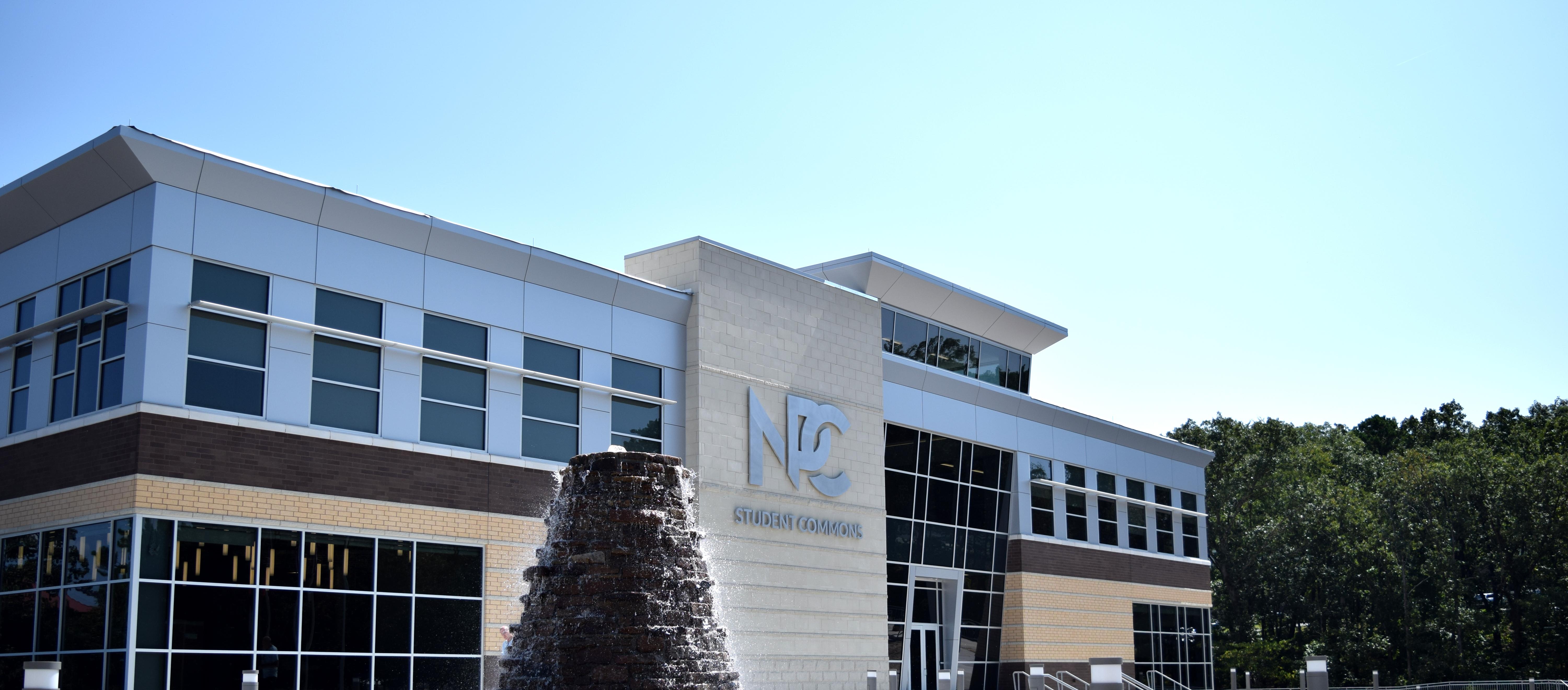| |
Dec 22, 2024
|
|
|
|
|
CRJ 1123 - Criminal Procedures And Evidence 3 Credits
Focus on the criminal process, legal problems associated with investigation of crime, acquisition and preservation of evidence, commencement of a criminal proceeding, prosecution and defense of charges, sentencing, and appeal. Principal concern is with development of existing procedures and examination of current efforts for reform.
Pre or Corequisite: CRJ 1103 - Introduction To Criminal Justice*
Course Level Objectives
Upon successful completion of this course the student will be able to:
1. Utilize correct English spelling and grammar conventions as applicable in discussion posts, essays, reports, academic papers, oral presentations, and other submissions. (PLO 1)
2. Analyze the U.S. court systems to critically evaluate criminal prosecution scenarios to determine which court would be best suited to hear a particular case. (PLO 1)
3. Analyze rights of U.S. citizens to determine the rights that were originally enumerated, and others that have evolved through case law, then evaluate scenarios to determine whether enforcement actions are appropriate and/or constitutional. (PLO 2, 3)
4. Evaluate cases and/or scenarios to determine whether probable cause or reasonable suspicion exists to determine the appropriate response (observation, stop, arrest, frisk, search, etc.) supported by the level of proof provided in the scenario, citing landmark appellant court cases to support their determination. (PLO 7)
5. Analyze the application of the exclusionary rule (and its exceptions) to search and seizure in provided cases and/or scenarios, to correctly determine whether evidence should be admissible, citing the correct U.S. Constitutional Amendments or landmark U.S. Supreme Court cases to support such determination. (PLO 7)
6. Evaluate lineups and other means of pre-trial identification to determine what identifications should be admissible in court cases to create rules to guide enforcement personnel in obtaining appropriate and valid identification of suspects. (PLO 3, 7)
7. Analyze cases and scenarios to identify both constitutional concerns and case law guidelines for admissions and confessions, evaluate cases and scenarios to determine the admissibility of confessions, citing U.S. Supreme Court cases to support such conclusions. (PLO 3, 7)
8. Analyze and evaluate scenarios concerning the constitutional rights of the accused during trial, to determine whether a suspect’s rights were violated, citing landmark U.S. Supreme Court cases to support their conclusions, and determining the probable outcome of the scenario. (PLO 7)
9. Evaluate the consequences of police misconduct, analyze U.S. and global responses to improper police activity, and create policy guidelines to improve police accountability and correct misconduct (PLO 3, 4, 5, 6)
Add to Portfolio (opens a new window)
|
|

